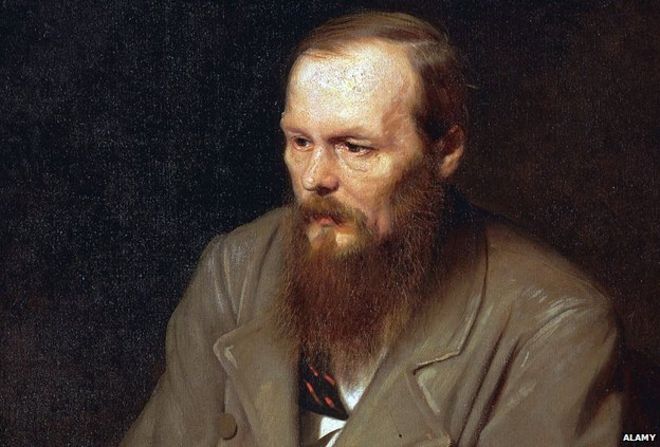"Those who know how to resolve the problem of life almost always remain in Siberia".
So said Fyodor Dostoyevsky in the opening paragraph of his book "The House of the Dead. The size and the extremity made Siberia a place like no other, a place where you learnt to adapt and reform your old way of thinking, or you were dead.
Our lives or the happiness in them depend on coming to terms with life's changed circumstance. Our ability to adapt and find positives in new ventures, rather than old adventures. The willingness to equate to the small things, the incidentals, which in a busier
phase of our lives had been overlooked. This more observant, more reflective you is alive and well, so long as this myopic perspective is valued for its richness, its subtlety, perhaps even for its parochialism.
Too often we squash under foot that which is under our noses. We are blinded by the distant view, the opportunity to be somewhere else when all the time we are content enough being here, where ever here is. The glitz of a hotel, the noise of a crowd the exuberance
of motion has always left me puzzled and somewhat out of sorts. The essence of happiness is locked in our own making not the making of others. Our own self realisation, the world according to you, is not something you should be ashamed of, nothing you should
have to justify or apologise for. The world according to you is personal, a complex reflection of your personality, not something that can be homogenised to fit another's norm and one of the struggles in life is sharing your identity with others without loosing
who you are in the drift to fit in.
With the evenings beginning to grow long and the light tempting you out, is the desire to be out in such circumstances a pre-programmed hunting urge to forage or is it simply a genuine pleasure to have done with long dark nights. Is the urge to go out and commune
with others, part of the ritual prescribed in finding a mate and being intimate, a desire which can unsettle the soul but stimulate another part of our character the" id " that primitive, instinctual aspect of our psychological make up.
If we choose not to go out have we fallen foul of our "super- ego" that moral hierarchy which plagues us, throughout our lives, acting as a damp squib, a party pooper, a preserver of all those decisions "others" make on our behalf. Or is it a case of, been there,
done that.
Understanding that the degree of equivalence required is so damaging that one is forced to acknowledge the inevitable pain one is often exposed to, stepping outside the protection of ones own "ego" that mediator, that conciliatory council which
we apply when we are rational.
"Staying in" has the blessing of Saint Agnesius the patron saint of all who wish to wake the next morning with a clear conscience.

No comments:
Post a Comment